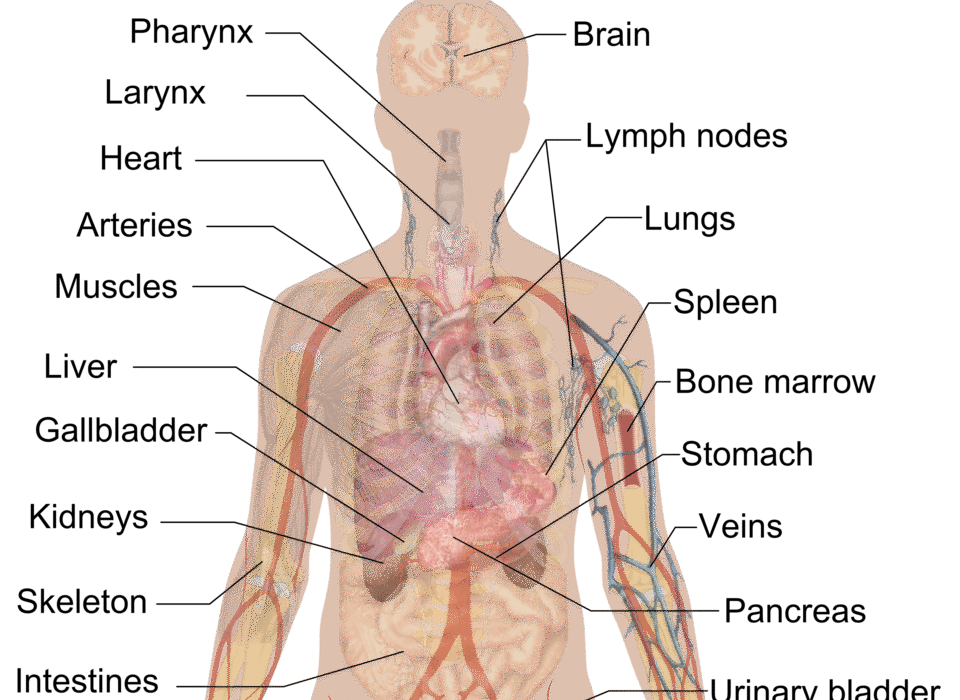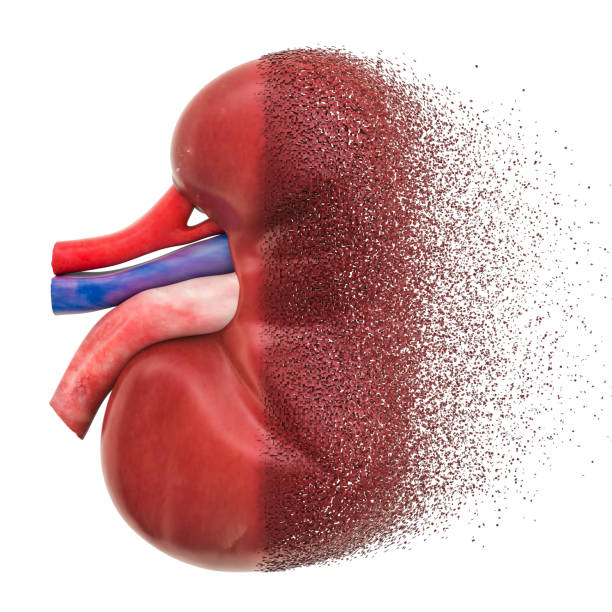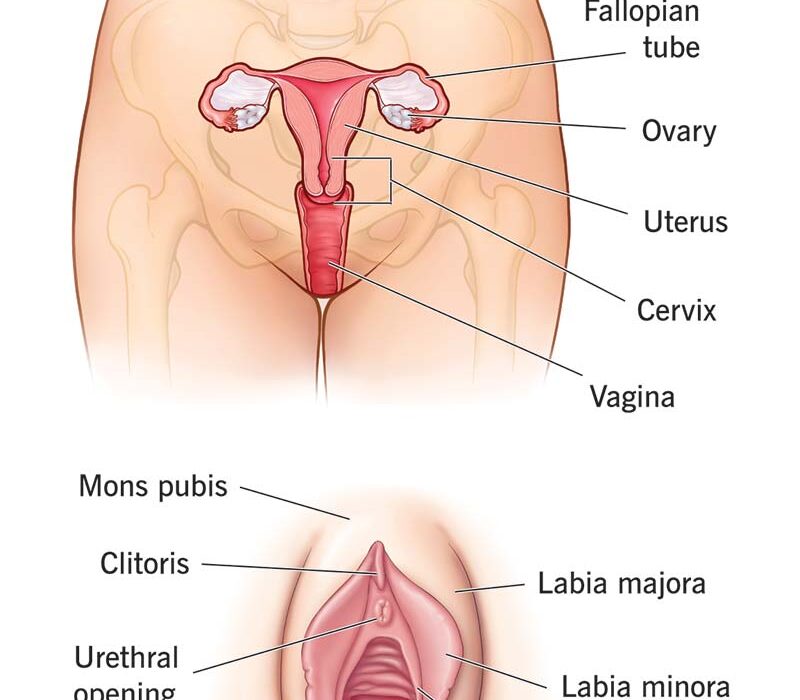Imagine that your morning cup of coffee does more than just wake you up—it might be helping to protect your brain from one of the most devastating neurodegenerative diseases of our time. That’s the tantalizing possibility raised by a new scientific review published in the journal Cureus, which examines the intriguing link between caffeine consumption and the progression of Alzheimer’s disease. While the evidence isn’t conclusive, it does point toward a promising pattern: moderate caffeine intake, especially in people showing early signs of cognitive decline, may help delay the onset or progression of Alzheimer’s.
This finding is not just exciting—it’s profoundly important. Alzheimer’s disease is a relentless thief, stealing memory, personality, and independence from millions of individuals across the globe. With life expectancies increasing and no cure in sight, the race is on to find preventive strategies that are simple, accessible, and effective. Could the world’s favorite stimulant—caffeine—be part of the answer?
Alzheimer’s Disease: A Growing Global Challenge
To understand the significance of caffeine’s potential role, we need to appreciate the scale and scope of Alzheimer’s disease. It is the most common cause of dementia, affecting over 55 million people worldwide according to the World Health Organization. That number is expected to soar to 152 million by 2050 unless a breakthrough is found.
Alzheimer’s typically begins with subtle memory lapses and gradually evolves into severe cognitive and functional impairments. Individuals eventually lose the ability to recognize loved ones, carry out daily tasks, or even communicate. The toll it takes on families and healthcare systems is immeasurable.
Unfortunately, the pharmaceutical pipeline for Alzheimer’s has not delivered a miracle cure. Current medications provide only modest and temporary symptom relief. This stark reality has turned scientific attention toward modifiable lifestyle factors—diet, exercise, sleep, and now, perhaps, caffeine.
Caffeine: More Than a Morning Pick-Me-Up
Caffeine is the most widely consumed psychoactive substance on the planet. Found in coffee, tea, chocolate, and energy drinks, it is cherished for its ability to boost alertness, focus, and mood. But its effects go deeper than just stimulation. Caffeine crosses the blood-brain barrier and interacts with critical receptors in the brain, potentially influencing long-term neurological health.
Animal studies have already shown encouraging results. In rodents, caffeine has been shown to reduce inflammation, decrease the buildup of toxic proteins such as amyloid-beta, and improve memory performance. Human studies have been more mixed, but the overall trend suggests a potential protective effect, particularly in individuals at risk for cognitive decline.
The question is no longer whether caffeine affects the brain—it does. The real question is how these effects might translate into protection against Alzheimer’s disease.
The Review That Brewed New Interest
The recent systematic review published in Cureus offers a thoughtful and thorough exploration of this question. Researchers from Pakistan, the United Kingdom, and the United States scoured scientific databases to identify studies examining the relationship between caffeine and Alzheimer’s. They focused specifically on how caffeine might influence the progression from mild cognitive impairment (MCI)—a transitional phase between normal aging and dementia—to full-blown Alzheimer’s disease.
Only four studies met their rigorous inclusion criteria, but each added a critical piece to the puzzle.
One of the most striking findings came from a study measuring caffeine levels in the blood plasma of individuals with MCI. Participants with higher caffeine levels—above 1,200 nanograms per milliliter—were significantly less likely to progress to Alzheimer’s over the study period. In contrast, those with lower levels were at greater risk. This suggests a dose-dependent relationship: more caffeine might equal more protection.
Another key study from the BALTAZAR cohort in Europe examined caffeine consumption among people already showing memory problems. Those consuming less than 216 milligrams of caffeine per day—roughly two standard cups of coffee—had more severe cognitive symptoms and biological signs of Alzheimer’s compared to higher caffeine consumers. Again, the message was clear: too little caffeine might not offer the brain the protection it needs.
Genes, Coffee, and Complex Biology
Adding another layer of complexity was a study using Mendelian randomization—a clever technique that uses genetic variants to explore causal relationships. This method helps reduce the biases that often plague observational studies. Using data from the massive UK Biobank, researchers examined individuals genetically predisposed to higher caffeine metabolism. While the protective effect of caffeine did not reach statistical significance in this case, the trend was consistent with other studies: people with genetic variants linked to higher caffeine levels in the blood seemed to show slower cognitive decline.
A fourth study, conducted over 20 years in Portugal, tracked caffeine consumption in individuals who later developed Alzheimer’s versus those who remained cognitively healthy. The healthy group had consumed significantly more caffeine throughout their lives. Even after adjusting for other health conditions, the association held strong.
Taken together, these findings suggest a compelling narrative. Moderate caffeine intake—especially when sustained over years—might offer real neurological benefits. But why would this be the case?
How Caffeine Could Shield the Brain
The mechanisms behind caffeine’s potential brain-protective effects are still being unraveled, but several theories stand out.
First, caffeine blocks adenosine receptors in the brain. Adenosine is a neurotransmitter that, among other things, promotes sleep and suppresses arousal. When caffeine blocks these receptors, it not only increases alertness but also reduces inflammation—a key factor in neurodegeneration. Inflammatory processes are believed to accelerate the progression of Alzheimer’s, and caffeine may offer some counterbalance.
Second, caffeine appears to inhibit the accumulation of amyloid-beta, the toxic protein that forms plaques in the brains of Alzheimer’s patients. Animal models have shown that caffeine reduces amyloid-beta production and enhances its clearance, possibly slowing or preventing the damaging cascade that leads to dementia.
Third, caffeine boosts levels of brain-derived neurotrophic factor (BDNF), a protein critical for learning, memory, and the growth of new neurons. Higher BDNF levels are associated with better cognitive performance and reduced risk of neurodegenerative diseases.
Lastly, caffeine’s impact on vascular health may also play a role. Alzheimer’s is increasingly recognized as having a vascular component, and caffeine can improve blood flow to the brain, potentially supporting better oxygenation and nutrient delivery.
One Size Doesn’t Fit All: The Role of Genetics and Timing
While the findings are hopeful, they are far from conclusive—and they don’t apply equally to everyone. Genetics influence how our bodies process caffeine. People with a slow-metabolizing version of the CYP1A2 gene may experience different effects than fast metabolizers. For some, high caffeine levels might linger longer in the system, potentially enhancing benefits—or increasing side effects.
Timing also matters. Research suggests that midlife caffeine consumption offers the most protective effects. People who have been regular caffeine consumers in their 40s and 50s appear to fare better than those who start drinking coffee in older age. This hints at a “critical window” where the brain is more responsive to caffeine’s protective mechanisms.
And then there’s the issue of dosage. While the reviewed studies point toward a threshold of at least 200 milligrams per day for noticeable benefits, more is not necessarily better. Excessive caffeine can lead to anxiety, insomnia, elevated heart rate, and gastrointestinal problems. Finding the sweet spot—both figuratively and literally—is essential.
Not Just Coffee: What About Tea and Chocolate?
Although coffee is the primary source of caffeine for most people, it’s not the only option. Tea, especially green and black varieties, contains substantial amounts of caffeine and also provides antioxidants like catechins and flavonoids, which may offer additional brain benefits.
Chocolate, particularly dark chocolate, contains small amounts of caffeine as well as theobromine—another stimulant with potential cognitive effects. Energy drinks, on the other hand, often deliver high caffeine doses alongside sugar and artificial ingredients, raising concerns about long-term health impacts.
Future research will need to untangle whether it’s caffeine alone that confers benefits, or whether the matrix of compounds in coffee and tea work together to enhance brain health.
Proceed with Caution, But With Optimism
It’s important to emphasize that the reviewed studies, though encouraging, are mostly observational. They can highlight associations, but they can’t prove causation. People who drink more coffee might also exercise more, eat healthier, or have higher socioeconomic status—all factors known to protect brain health.
More rigorous clinical trials are urgently needed. Randomized controlled trials could test specific caffeine doses in individuals with mild cognitive impairment, tracking their cognitive trajectory over time. Such trials could also explore the interaction between caffeine and other lifestyle factors, from diet to sleep patterns.
Still, the consistency across studies, combined with plausible biological mechanisms, suggests that caffeine deserves a place at the table in the broader conversation about Alzheimer’s prevention.
Practical Implications: What Should You Do?
So, what does all this mean for your daily routine? Should you increase your coffee intake in the hopes of preserving your memory?
If you’re a moderate caffeine consumer—enjoying two to three cups of coffee or tea per day—there’s little reason to change. That level of intake appears safe for most people and may offer a range of health benefits, including possible protection against cognitive decline.
If you don’t consume caffeine and are considering starting, it’s best to consult a healthcare provider, especially if you have cardiovascular issues, sleep problems, or anxiety. Caffeine isn’t for everyone.
And if you’re already experiencing mild cognitive issues, it might be worth discussing caffeine with your doctor as part of a comprehensive brain health strategy. Alongside physical activity, mental engagement, social connection, and a balanced diet, moderate caffeine intake could become one more tool in the fight against Alzheimer’s.
The Final Word: Sipping Toward Better Brain Health
Science rarely hands us silver bullets, especially when it comes to complex diseases like Alzheimer’s. But it often offers clues—hints about how our daily choices might shape long-term outcomes. The emerging evidence linking caffeine to cognitive protection is one such clue.
While we await more definitive answers, one thing is clear: your morning coffee may be more than just a ritual. It might be a small, delicious step toward a healthier brain. So go ahead—savor that cup, sip thoughtfully, and keep an eye on the growing science. The future of brain health might just begin with what’s brewing in your mug.






